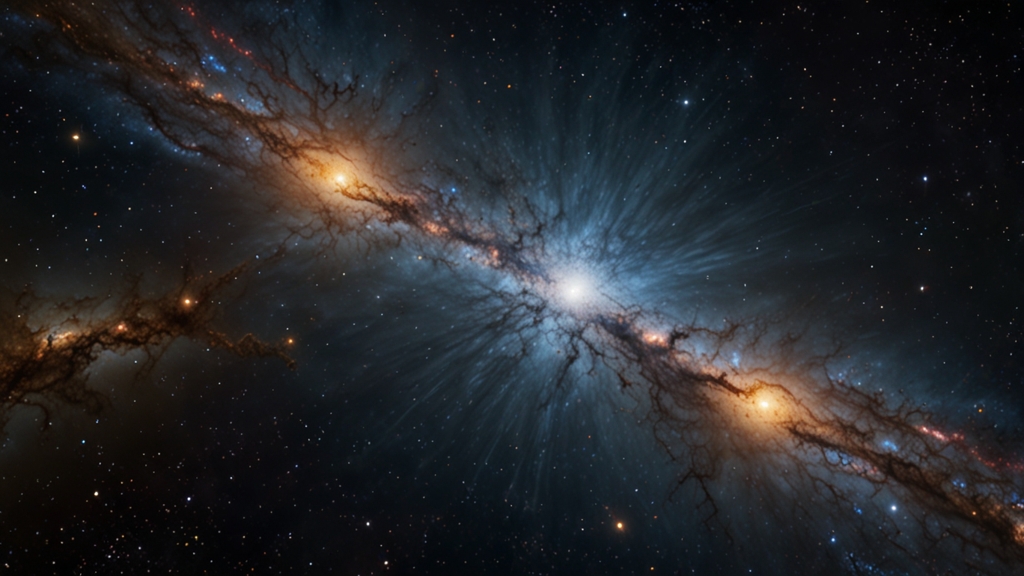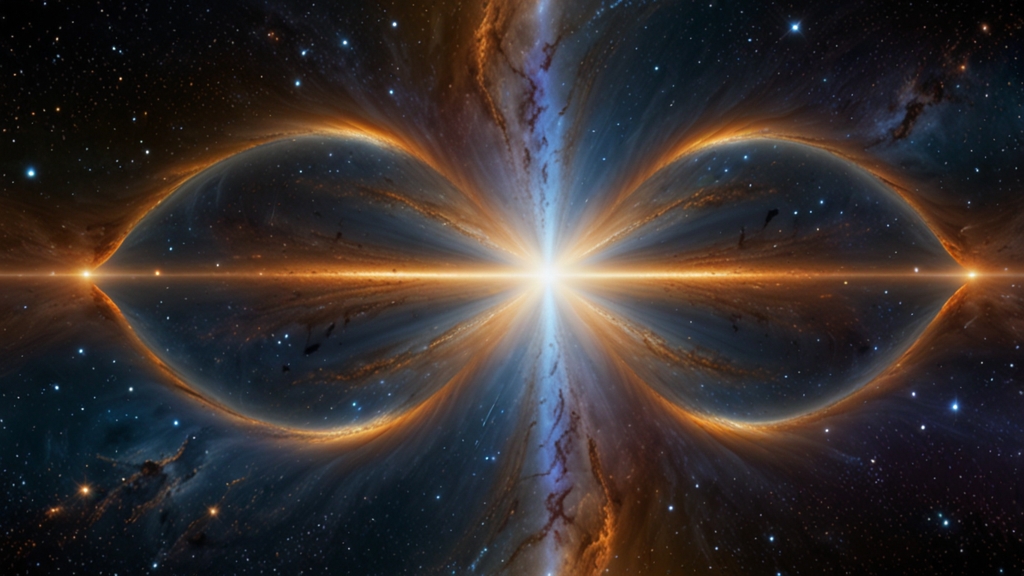The Universe's Biggest Mysteries: 10 Questions We Still Can't Answer
The universe is vast, mysterious, and full of phenomena that continue to baffle scientists and astronomers. Despite advances in technology and knowledge, there remain several fundamental questions about the cosmos that we still can't answer. Here, we delve into ten of the most perplexing mysteries of the universe.
1. What is Dark Matter?
Dark matter is hypothesized to make up about 27% of the universe, but its true nature remains unknown. It's invisible and detectable only through its gravitational effects on visible matter. Despite extensive research, we still don't know what dark matter is made of or how it interacts with other particles.
2. What is Dark Energy?
Dark energy is even more mysterious than dark matter. It is proposed to account for approximately 68% of the universe and is responsible for the accelerated expansion of the cosmos. However, its properties and the mechanism driving this expansion are still shrouded in mystery.
3. How Did the Big Bang Happen?
The Big Bang theory is the prevailing cosmological model that describes the early development of the universe. However, we lack a complete understanding of what sparked the Big Bang or what conditions led to this massive expansion. Was there something before the Big Bang?
The questions of what came before the Big Bang and what caused it are some of the most profound and difficult to answer in cosmology.
4. Are We Alone in the Universe?
The search for extraterrestrial life continues, but we have yet to find definitive evidence. With billions of galaxies, each containing billions of stars and potentially even more planets, the probability of life elsewhere seems high, yet the question remains unanswered: Are we truly alone?
5. What is the Nature of Black Holes?
Black holes are regions of space where gravity is so strong that not even light can escape. While we understand some of their properties, such as event horizons and singularities, many questions remain. What happens inside a black hole? And can information really be lost forever?
6. What is the Fate of the Universe?
The ultimate fate of the universe is another enigma. Whether the universe will continue expanding indefinitely, eventually collapse back in a “Big Crunch,” or reach a state of entropy in a “Heat Death” remains one of the most profound questions in cosmology.
7. What is Time?
Time is a concept we experience daily, yet its true nature is elusive. Is time a fundamental component of the universe, or is it an emergent property? Einstein's theory of relativity links time with space, but many questions about its essence remain.
8. Why is the Universe Finely Tuned?
The universe appears to be finely tuned for the existence of life, with physical constants and laws that allow complex biological systems to develop and sustain. Why is this the case? Is it pure coincidence, or does it suggest some underlying principle or even intelligent design?
9. What Are Wormholes?
Theoretical physics allows for the existence of wormholes—tunnels through spacetime that could potentially connect distant parts of the universe. However, we have not observed any wormholes, and their existence and stability remain purely speculative at this time.
"Wormholes remain one of the most intriguing possibilities in theoretical physics, offering hypotheses for faster-than-light travel or connections between different parts of the universe."
10. What Lies Beyond the Observable Universe?
The observable universe is limited by the speed of light and the age of the universe. What exists beyond this horizon is unknown. Is it just more of the same, or could there be entirely different galaxies, laws of physics, or even parallel universes?
While these questions remain unanswered, they fuel our curiosity and drive future research. As we develop more advanced technology and deepen our understanding of the cosmos, we may find answers to these mysteries—or discover even more profound questions.






